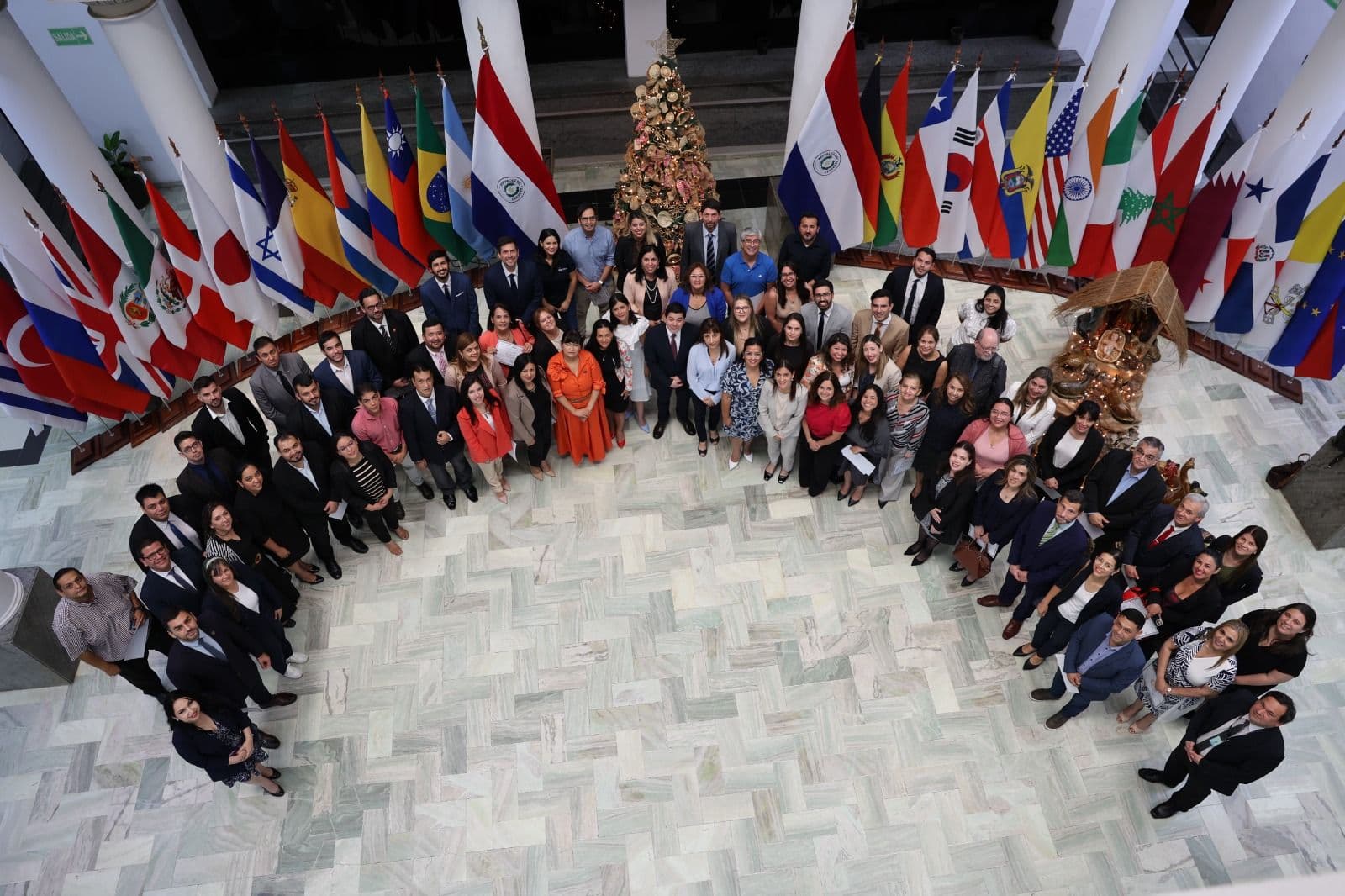
Paraguay
★Standing NMIRF
SIMORE PlusSummary
Paraguay has a standing national mechanism entitled SIMORE Plus, an online tool for monitoring and reporting on the implementation of international human rights recommendations from both the Universal System (Treaty Bodies, UPR, Special Rapporteurs) and the Inter-American System (judgment points from the Inter-American Court of Human Rights). The tool is supported by an institutional framework and a dedicated secretariat.
Institutional setup and mandates
Engagement with international human rights mechanisms
Coordination and consultation with stakeholders
Follow up and implementation
Contact information
Unidad General de Derechos Humanos del Ministerio de Relaciones Exteriores de Paraguay. Correo: ddhh@mre.gov.py
Last updated: October 1, 2025
This page was built with support from unofficial automated translation.